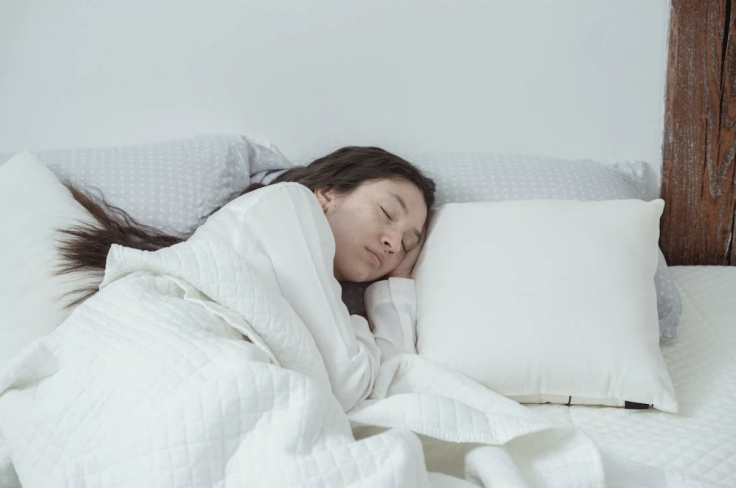Study confirms sleeping is more important to your cognitive abilities than you think
The first physiological evidence from inside the human brain confirming the prevailing scientific view on how the brain consolidates memory during sleep has been discovered in a new study.

Have you ever questioned how getting a good night's sleep might enhance your cognitive and memory functions?
Scientists have long recognised the essential role of sleep in memory formation and consolidation, but the precise mechanisms at play have remained elusive. However, a recent groundbreaking study led by researchers from UCLA Health and Tel Aviv University has provided remarkable insights into the processes occurring in our brains during sleep.
Their findings not only confirm the dominant theory of memory consolidation but also reveal the potential of targeted deep-brain stimulation during sleep to enhance memory. In this article, we will delve into the fascinating research that unravels the mysteries of memory and explores the implications for memory disorders like Alzheimer's disease.
How memories work in our brains
According to the leading theory on memory consolidation, there is an intricate dialogue between two key brain regions: the hippocampus, responsible for memory storage, and the cerebral cortex, associated with higher cognitive functions.
This communication takes place during deep sleep, characterised by slow brain waves and alternating bursts of synchronised neural activity and silence. The recent study provides the first physiological evidence supporting this theory at the level of single neurons, confirming the existence of this memory-enhancing mechanism.
To investigate memory consolidation, the researchers implanted electrodes in the brains of epilepsy patients at UCLA Health. These electrodes, originally intended to identify the source of seizures, presented a unique opportunity to study brain activity during sleep.
The study involved two experimental conditions. Participants were shown pairs of animal and celebrity photos before bedtime and were tested on their recall abilities after a night of undisturbed sleep. In another session, participants received targeted electrical stimulation during sleep, precisely synchronised to the brain's activity. Their memory recall was tested again in the morning.
The results of the study were striking. Participants exhibited significantly better memory performance after a night of sleep with targeted electrical stimulation compared to undisturbed sleep.
This improvement was accompanied by electrophysiological markers that indicated efficient information flow between the hippocampus and the cortex, confirming the physical evidence of memory consolidation. By enhancing this information pathway, the researchers effectively facilitated the transfer of memories to more permanent storage locations in the brain.
The potential applications of this research extend far beyond understanding memory consolidation. Memory disorders, such as Alzheimer's disease, pose significant challenges to patients and their families. The findings of this study suggest that deep-brain stimulation during sleep could potentially improve memory in individuals with such conditions. By modulating specific memories, researchers may be able to develop targeted interventions to bolster memory abilities and slow the progression of memory disorders.
Future directions
AI and Memory Modulation The research conducted by Dr Itzhak Fried and his team builds upon their previous work on electrical stimulation and memory enhancement.
Dr Fried recently secured a substantial grant from the National Institutes of Health (NIH) to explore whether artificial intelligence can assist in identifying and strengthening specific memories in the brain. This exciting avenue of research may open up new possibilities for personalised memory interventions, where AI algorithms could identify and enhance memories based on individual needs and challenges.
The recent study conducted by scientists from UCLA Health and Tel Aviv University has shed light on the intricate processes of memory consolidation during sleep. By confirming the dialogue between the hippocampus and the cortex and demonstrating the positive effects of targeted deep-brain stimulation, this research marks a significant step forward in our understanding of memory and cognitive enhancement.
The potential implications for memory disorders like Alzheimer's disease are particularly promising. As research continues to progress, we may soon witness innovative interventions that leverage the power of sleep and stimulation to improve memory abilities, offering hope to individuals affected by memory-related conditions.
© Copyright IBTimes 2025. All rights reserved.






















